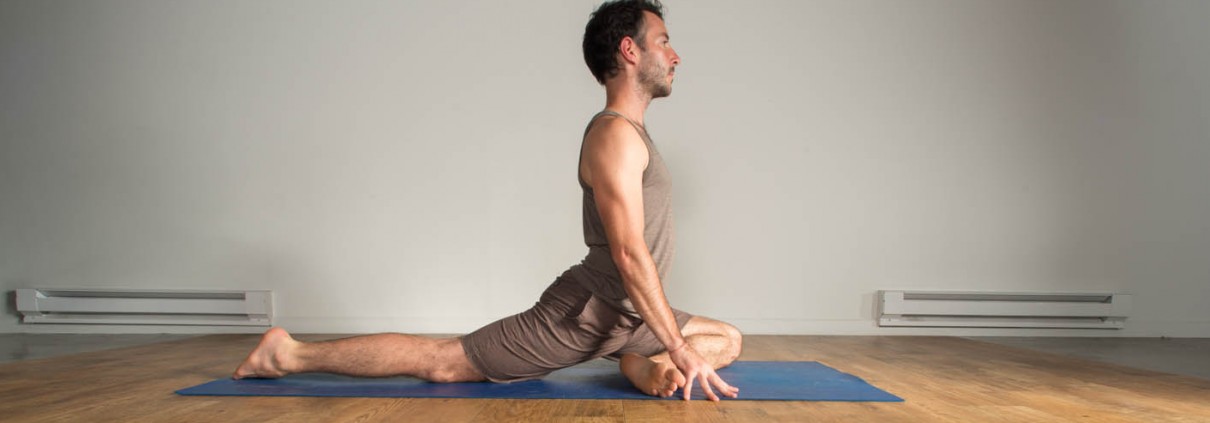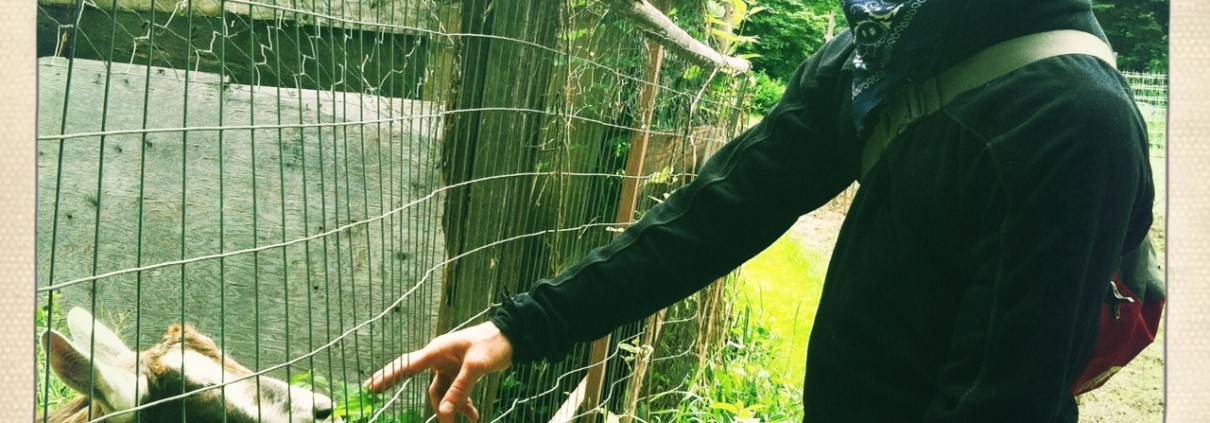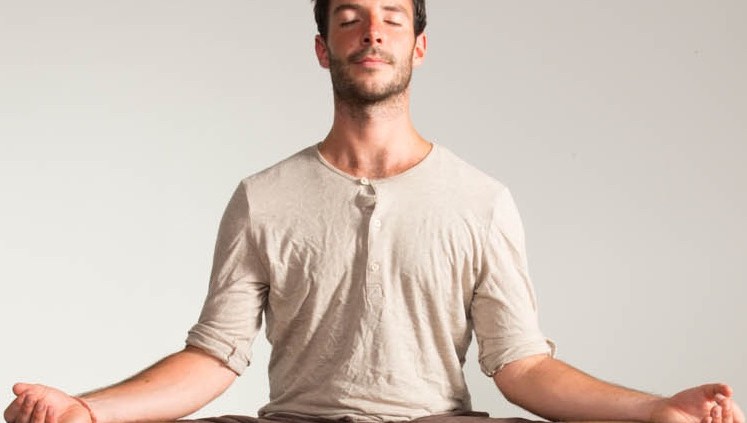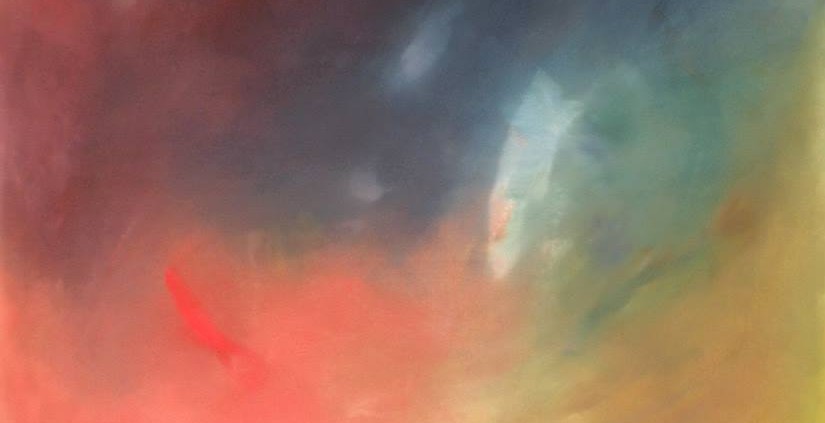Mind on Yoga
Since returning from leading backpacking trips over the summer, I’ve been reinvesting myself in my yoga practice, expanding to new places physically and mentally. I started doing a daily yoga practice last year when I quit my office job, and the transition from once-in-a-while to everyday was astounding. My hips and legs opened up dramatically and my heart felt lighter. I didn’t make time to continue my practice with all the outdoor time I had this summer, but now I’ve redoubled my efforts. I bought an unlimited month at a studio (previously I almost always practiced on my own, or to podcasts) and have been going 8-9 times a week. I feel pretty lucky to be able to make the time for that, and the constant engagement has once again deepened my understanding and commitment to yoga. I’ve also been reading about more of the philosophical side of the art (including B.K.S. Iyengar’s Light on Life, which is fantastic), bringing connection to my meditation practice and to the musings I’ve had lately on vulnerability, creativity, openness, and play. I’ve been coming across some big ideas lately.
Expansion and Integration
I’ve never thought about the cycle of expansion and integration before, but it’s been showing up on all different time scales in my life lately. On the shortest scale there is the breath, with the inhale expanding one’s body and the exhale deepening a pose with contraction. Over several breaths in a pose, the body expands out through the bones, and integrates back to the center with the muscles, creating depth and balance. On a longer time scale, our bodies try new poses and stretch our comfort zones, then take some time to grow accustomed to a new range of motion. This is how growth happens in yoga as well as life in general. This past year for me has been a time of major expansion in my life. I’ve been doing all sorts of new things, testing my limits with creativity, the outdoors, and the idea of teaching. Aside from my yoga practice, I’ve been taking it easy for the last month or so. I’m using an expansion in my yoga practice to integrate some of the other big things I’ve been working on into my whole being.
Balance
Balance is clearly an important part of yoga. There are all sorts of balancing poses, on feet, on hands, on one of each, etc, etc. Balancing in space is a great way to bring focus to a pose. It also brings our awareness to a balance in the fourth dimension, time. When we lean too far into to future or the past, we falter in our awareness and slip into negativity. We stress about things to come, regret things gone by. I like the idea that one’s physical position in a posture relates to a mental tendency to be a little bit ahead or behind. Obviously we need to do a little planning for the future, but I’m pretty sure being present and conscious of the moment is one of the most important factors to creating a deep sense of happiness.
The Gunas: Tamas, Rajas, Sattva
A month ago I had never heard of the Gunas, but the idea has come up a lot recently. I’m still working on figuring out what the whole thing is about, but it’s kind of like the three threads of energy that encompass the universe. There is tamas, which is the grounded, heavy, solid energy. It can be dark, isolating, and is typically associated with the body. Rajas is a bright, active, perhaps frenetic energy which is associated with the mind. Sattva is luminosity, balance, and presence. In class we’ve been focusing on balancing the tamas of the body with the rajas of the mind, and sitting in a place of sattva. I’m pretty new at this whole thing, but this has translated to the idea of expansion and integration in my practice. There is a balance (both metaphorically and physically) of simultaneously extending the limbs and pulling them back in, and this creates a profound sense of presence and freedom. Part of this comes through visualization (another crucial part of yoga and all other aspects of life), which ties the mind to the body and to the moment in time.
All this is turning out to be transformational in my life right now. I feel a renewed sense of life energy when I practice these things, and I’m excited to delve deeper into them. With or without the physical postures of yoga, finding balance through awareness is something I’ll be working on for a long time. I’d love to hear your experiences with yoga or any of these ideas!





